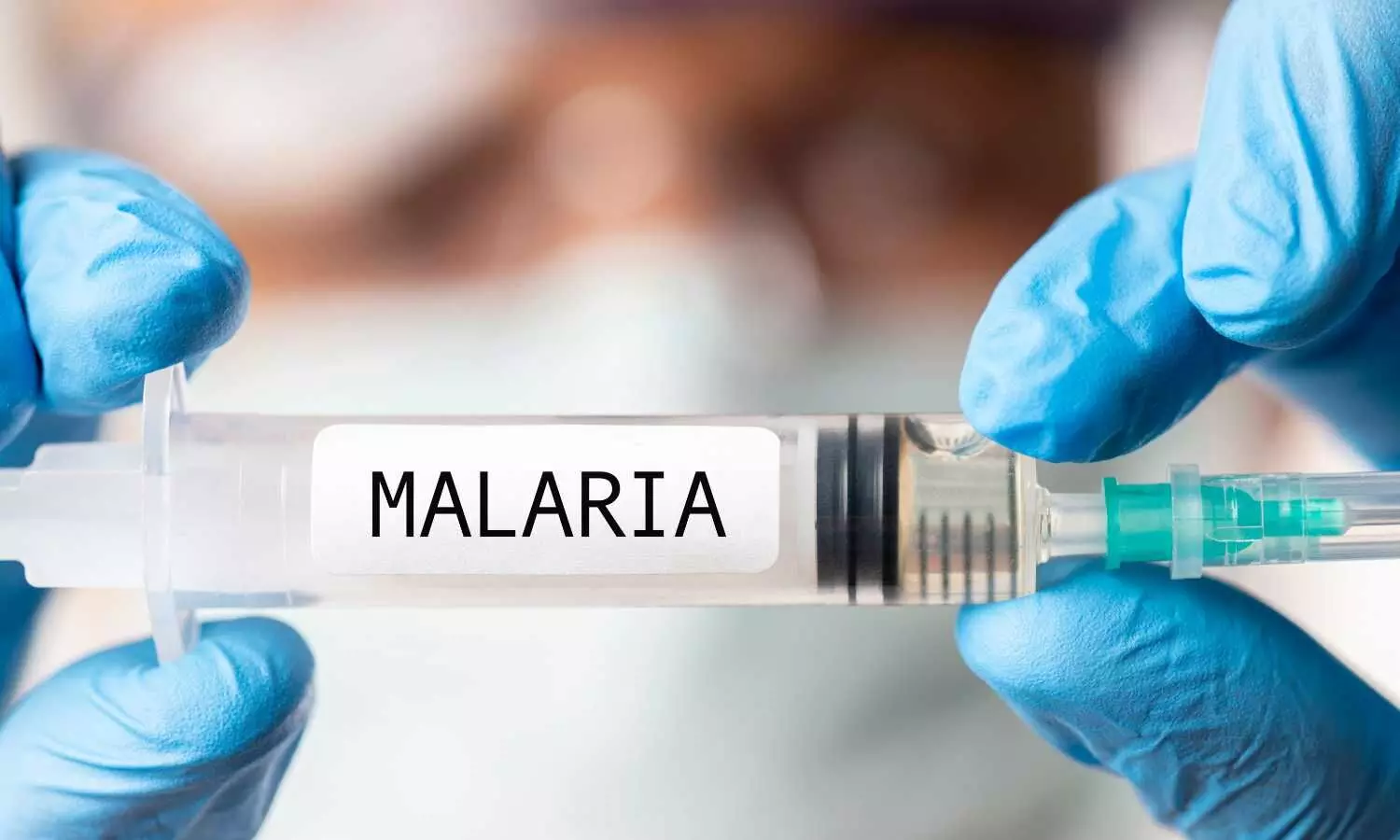- Home
- Medical news & Guidelines
- Anesthesiology
- Cardiology and CTVS
- Critical Care
- Dentistry
- Dermatology
- Diabetes and Endocrinology
- ENT
- Gastroenterology
- Medicine
- Nephrology
- Neurology
- Obstretics-Gynaecology
- Oncology
- Ophthalmology
- Orthopaedics
- Pediatrics-Neonatology
- Psychiatry
- Pulmonology
- Radiology
- Surgery
- Urology
- Laboratory Medicine
- Diet
- Nursing
- Paramedical
- Physiotherapy
- Health news
- AYUSH
- State News
- Andaman and Nicobar Islands
- Andhra Pradesh
- Arunachal Pradesh
- Assam
- Bihar
- Chandigarh
- Chattisgarh
- Dadra and Nagar Haveli
- Daman and Diu
- Delhi
- Goa
- Gujarat
- Haryana
- Himachal Pradesh
- Jammu & Kashmir
- Jharkhand
- Karnataka
- Kerala
- Ladakh
- Lakshadweep
- Madhya Pradesh
- Maharashtra
- Manipur
- Meghalaya
- Mizoram
- Nagaland
- Odisha
- Puducherry
- Punjab
- Rajasthan
- Sikkim
- Tamil Nadu
- Telangana
- Tripura
- Uttar Pradesh
- Uttrakhand
- West Bengal
- Medical Education
- Industry
WHO Adds R21/Matrix-M Malaria Vaccine to Prequalified List

Malaria inflicts a disproportionate burden on children in the African Region, taking up nearly half a million lives annually. Global statistics from 2022 reported 249 million malaria cases and 608,000 deaths across 85 countries.
In a ongoing battle against this, the World Health Organization (WHO) has added the R21/Matrix-M malaria vaccine to its list of prequalified vaccines. This decision was based on recommendations from the WHO Strategic Advisory Group of Experts (SAGE) on Immunization and the Malaria Policy Advisory Group.
This prequalification is important as it translates to broader access to the vaccine, becoming a cornerstone for vaccine procurement by UNICEF and garnering funding support for deployment from Gavi, the Vaccine Alliance. The R21 vaccine which was developed by Oxford University and manufactured by the Serum Institute of India, now stands as the second malaria vaccine to receive WHO prequalification, following the RTS,S/AS01 vaccine in July 2022.
Clinical trials affirm the safety and efficacy of both vaccines in preventing malaria in children. In conjunction with other established malaria control measures, their widespread implementation is expected to yield a significant public health impact.
Dr. Rogério Gaspar, Director of the Department of Regulation and Prequalification at WHO, underscored the importance of achieving WHO vaccine prequalification that ensures the safety and effectiveness of vaccines in targeted health systems.
The R21/Matrix-M's prequalification is set to alleviate the limited supply of malaria vaccines, specially in African countries with high demand. With two WHO-recommended and prequalified malaria vaccines now available, the expectation is to meet the substantial demand and provide adequate vaccine doses for all children residing in malaria-prone regions. The rigorous prequalification process employed by WHO ensures ongoing safety and efficacy evaluations, reinforcing the commitment to delivering safe, effective, and quality health products for global immunization programs. This achievement marks a significant leap towards a malaria-free future, shielding countless lives from the relentless threat of this deadly disease.
Reference:
WHO prequalifies a second malaria vaccine, a significant milestone in prevention of the disease. (n.d.). Who.int. Retrieved December 22, 2023.
Neuroscience Masters graduate
Jacinthlyn Sylvia, a Neuroscience Master's graduate from Chennai has worked extensively in deciphering the neurobiology of cognition and motor control in aging. She also has spread-out exposure to Neurosurgery from her Bachelor’s. She is currently involved in active Neuro-Oncology research. She is an upcoming neuroscientist with a fiery passion for writing. Her news cover at Medical Dialogues feature recent discoveries and updates from the healthcare and biomedical research fields. She can be reached at editorial@medicaldialogues.in



